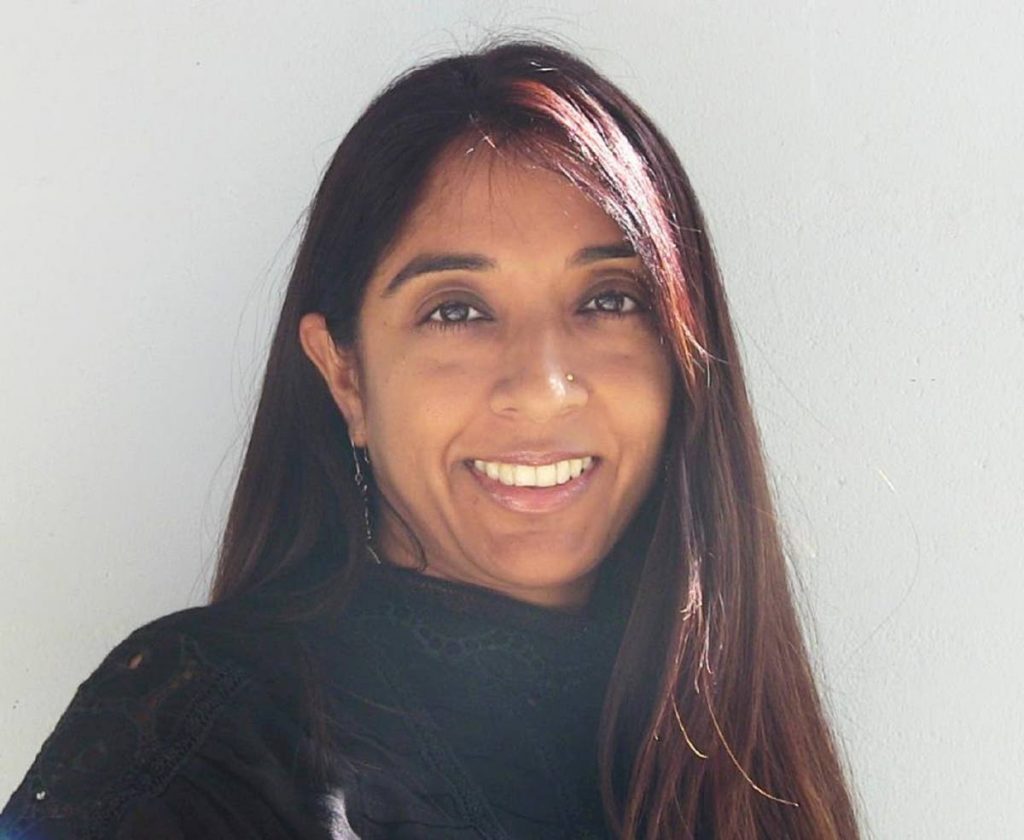Solidarity, compassion after covid19

DR GABRIELLE JAMELA HOSEIN
“I’M FEELING suicidal,” he said, as I inched down the window. Ziya and I looked at him, and I began to wonder about what I was exposing her to. It wasn’t just that he wasn’t wearing a mask, it was that I didn’t expect the social and economic costs of this time to appear so close so soon.
We were locked in the car on Easter Monday, waiting for my shattered phone to be fixed – the day before, I was talking with the Coalition Against Domestic Violence while hastily sweeping the house in an ill-fated example of tired working mother multi-tasking – and he now stood on the pavement signalling to me.
He had been employed in construction. There was an accident. He raised his shirt to show us, but I looked away for it was intrusive and degrading. He found out his employer had not been making his national insurance payments, and this affected his compensation.
He had come to Port of Spain, but had not been able to access any help. The police treated him like a vagrant as he walked the streets, but he wasn’t one (and, here, his voice broke by oncoming tears). He lived in Cumuto, and had no money for his four girls, all under 12 years old, and not enough money to get home. The school-feeding programme used to help, but now he didn’t know what to do. He was hungry.
He insisted he was not a vagrant, he just was unemployed. He thanked me for listening to him and for not looking down on him. He accepted money and promised to buy me a doubles when “this is all over,” when we meet again and share a meal. I thanked him for his offer, told him to speak to his local church for help to access a food card.
As he walked away, I said to Zi that his story could be true or not, but what was clear is that we should all give from whatever extra we have, especially in these weeks and months when widespread insecurity peaks. He could be an addict, but his hunger was real. We didn’t know his story, but what should stay with her is that every person has dignity, and wants that recognised as equally as everyone else.
I had been reading much about the economic and social impact of covid19 over the next year, including the effects on depression and suicide ideation, but this brief encounter made it immediate and human, and showed the inequality at its heart, to us both.
Inequality marks the boundary between those mainly worried about their health and those worried most about hunger, who think they will begin to starve before they get sick. Such inequality similarly sets apart those able to transition to online schooling and those children who will be left behind next term even more than they already are.
Inequality now divides those secure workers who retain benefits from those still fighting for them, despite being essential. Think of domestic workers still caring for the elderly despite the lockdown, and who have been struggling for decades for state commitment to ILO Convention 189, on decent work for domestic workers, even while labour leaders in Cabinet from each governing party ignored them completely.
Sanitation workers, who are among the lockdown’s heroes, have been waiting for backpay and wage increases, are managing higher risks of respiratory problems, remain exposed to hazardous waste, and over 2019 repeatedly protested decades of total disrespect. Rather than simply clapping, valuing their contribution requires our public support of their demands for workers’ rights.
We should refuse to return to business as usual when we have been given the opportunity to reset, to see each other as essential, to stop the waste of our time and money. If the machine that was running our lives can be reimagined, our society can choose solidarity and compassion, rather than insecurity, fear and inequality.
We know now that anything is possible. We can work from home and decrease traffic. We can do state business online. We can increase our investment in agriculture. We can celebrate workers. We can pivot governance around preventing unnecessary loss of even one life.
The long-term crisis is a social and economic one to be fought just as much as we are fighting for our collective health. Those who were already just making ends meet may now be on the verge of vagrancy, and are deathly afraid of the fall.
Diary of a mothering worker
motheringworker@gmail.com
Entry 371

Comments
"Solidarity, compassion after covid19"